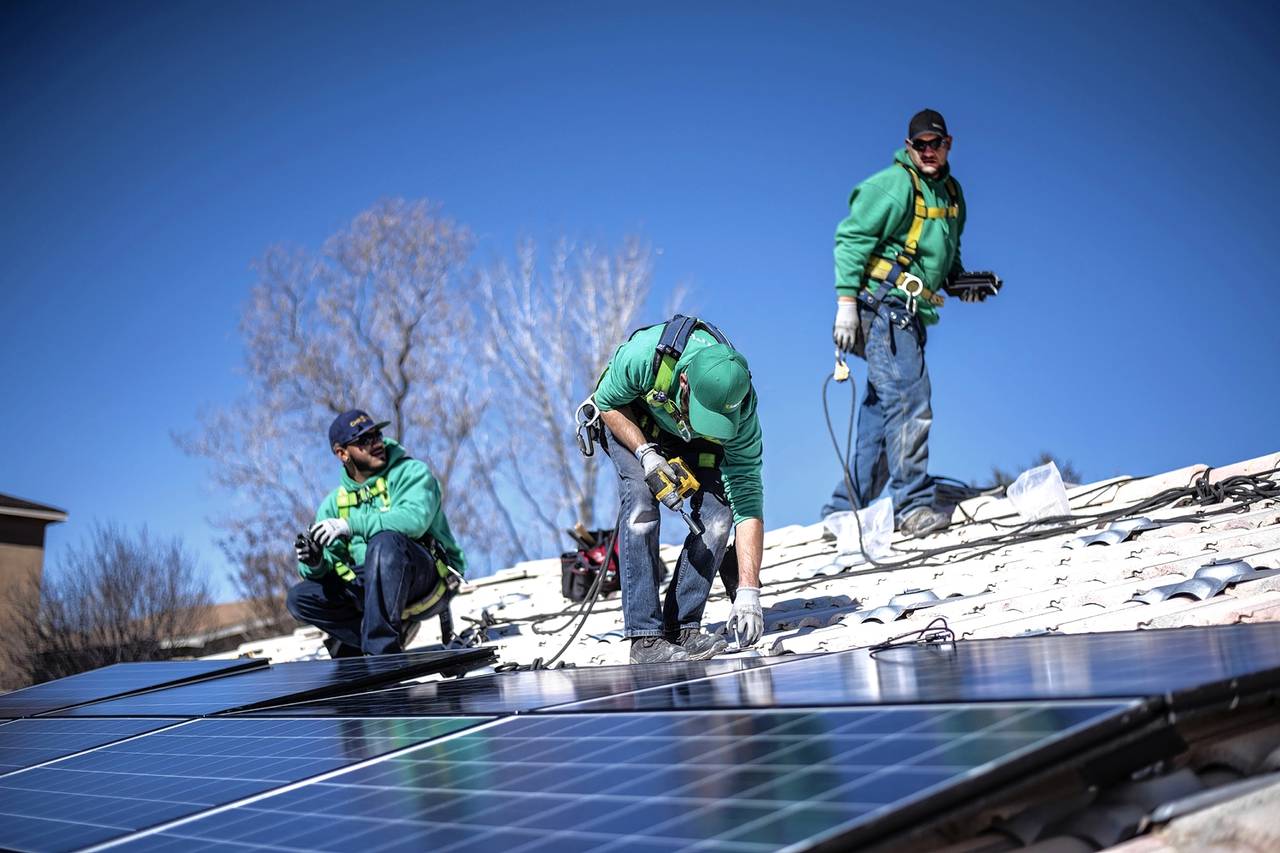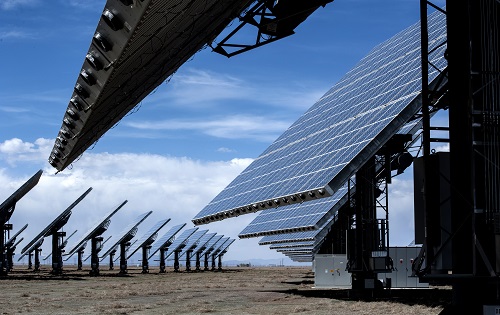
It is important to understand what you are getting into if you decide to install solar panels in your house. Solar energy is legal here in Pennsylvania. However, local governments have the right to prohibit solar energy projects. Although state legislation recognizes solar energy's legal use as an option, local governments can make their own rules. Mount Joy Township is one community where solar power has encountered blowback. Pennsylvania courts have found that solar energy is legal.
Pennsylvania cost of solar panels
One of the best ways to save money on electricity is to go solar. Although the initial cost for a solar power plant is approximately $25,000, there are many rebates and tax credits available that can lower this price. A solar power plant can help you save up to $200 per annum, depending on your usage habits. In twelve years, the system should pay for itself. The system can even add $16,000 to your home's worth.
Pennsylvania's solar panels are typically priced between $13,360 and $17.940 per kilowatt. This price does not include the federal tax credit of 30%. While the actual cost may vary, the price of a solar energy system in Pennsylvania is lower than that of most other states. In Pennsylvania, you can also take advantage of the state's low electricity rates to offset some of the costs.

Pennsylvania solar incentives
If you're considering installing solar panels on your home in Pennsylvania, you'll be glad to know that the state has a number of incentives that can help you make the switch to solar energy. Pennsylvania's solar panel owner will be able to take advantage of the state's major financial incentive, the renewable energy credit scheme. Also known as production incentives or solar power performance payments (or solar power performances payments), this scheme is also known for its significant financial incentive. This program provides credits for every megawatt hour of solar energy that you generate and you sell to your local electric distribution company. These credits can either be used to pay utility bills or returned to the grid.
The state's renewable energy program offers a variety of financial incentives for residential and commercial properties. Pennsylvania offers residential solar incentives starting at $0.75 per Watt and ending up to $7,500. A $2,500-$52,500 tax credit is available for commercial projects.
Solar panels are expensive to maintain in Pennsylvania
The maintenance cost of solar panels in Pennsylvania is determined by a variety of factors. You will need a permit to install the solar panels. The installer will handle getting the permit, scheduling an inspection, and billing you for the permit, all of which they charge you for as part of the total system cost. Since the state doesn't regulate contractor licensing, it is up the installer to fulfill the requirements set out by the local building department.
Pennsylvania solar energy is very affordable, especially when compared with fossil fuels. Installing solar panels could help you save up to $1000 annually, depending on your location. You should also consider the fact that the climate in California is extremely variable with extreme heat and cold winters. You will need to buy higher-efficiency panels. Solar batteries may also be required to power your solar panels in the event of blackouts. These batteries will increase the cost but they are not expensive.

Pennsylvania solar panels return on investment
Pennsylvania has a relatively low cost of solar equipment when compared to the rest. This means that you will get a good return on your investment. But, Pennsylvania has longer winters with less sun so your investment may not be as valuable as in other states. Pennsylvania's solar panel return on investment is slightly higher than that of the national average.
The state of Pennsylvania is near the equator, which means that it receives fewer sunny days than most other states. It still gets enough sunlight for its panels to produce power, despite the fact that it receives very little sunlight. However, Pennsylvania's snowfall can cause solar power to be reduced. This keeps the panels clean.